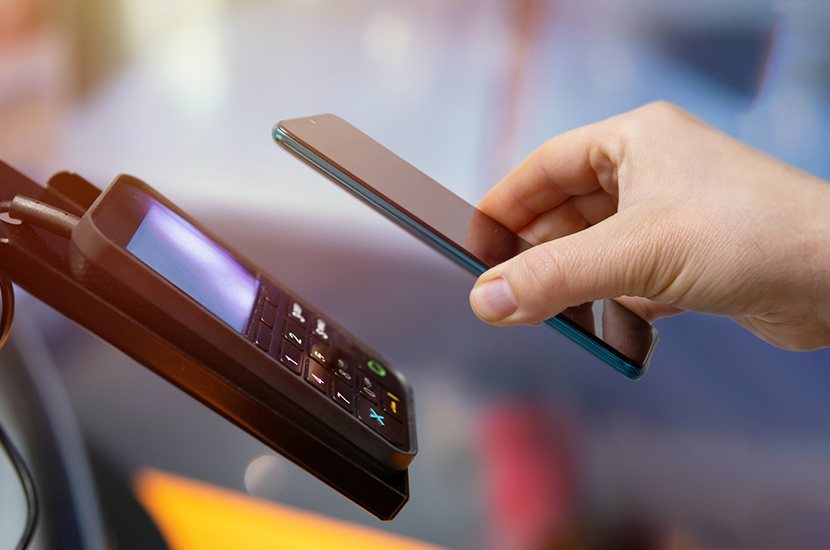The regional finalists in the West & South West Region of The Spectator’s Economic Innovator of the Year Awards 2020, sponsored by Julius Baer, were all, in very different ways, concerned with the human touch — though in two of the four entries, the business concept took us deep into virtual worlds. All four also offered ingenious solutions for marketplaces that are being rapidly changed by the pandemic.
I’ll explain all that in a moment, but first, the setting and judges. We were talking to three companies from Bristol and one from Manchester — where we have met finalists in person in previous years — but once again we gathered via Zoom and once again we found the format, with a short pitch from each entrant followed by a Q&A with our judging panel, at least as vivid as a live encounter across a restaurant lunch table.
Joining me as guest judges were Angela Luger, a newcomer to these Awards who has had a long career in consumer-facing businesses, latterly as chief executive of the online retailer N Brown until 2018 and currently as a non-exec at New Look and chair of Edinburgh-based The Paint Shed. Hugh Campbell, founder and managing partner of investment bank GP Bullhound – which advises and invests in ‘future unicorns’ – rejoined us for the third year. The panel was completed by Dawn Li Wan Po, an executive director of Julius Baer and senior portfolio manager there.
So to the finalists. GoodBox, represented by Francesca Hodgson, offers digital solutions to help charities raise more money. In particular it offers contactless terminals with interactive video features, which make giving easier even in offline conditions – and have generated spectacular increases in income for clients such as the Natural History Museum. In what may well be a post-cash world ushered in by the pandemic, it’s easy to see how important contactless collection is going to be.
Huboo Technologies, presented by founder Martin Bysh, is a ‘fulfilment’ business for e-commerce sellers of all sizes, providing inventory storage, order processing, picking, packing and posting. It ‘democratises’ that service by helping small sellers to grow (including sellers driven online by lockdown) and humanises the work involved by allowing hub managers to run their own micro-hubs, rather than creating highly repetitive tasks across giant warehouses. Its microhubs (up to 600 sq ft) fit all kinds of spaces, so also offer a solution for empty high-street retail units.
Ultraleap Technologies (presented by investor and chairman Michael Tobin) took us into a strange new universe of ‘haptics’ and hand-tracking – creating the sensation of touch in mid-air, without gloves or control boxes, so that lift-users can press floor buttons virtually, or social-media friends can have the sensation of shaking hands through the screen. A spin-out from Bristol University, Ultraleap’s unique tech is protected by more than 200 patents and has potential applications across many industries, including automotive and gaming. Truly a glimpse of the future.
Finally, Dr Alex Young told us about Virti, a fast-growing ‘virtual and augmented reality’ venture which provides training experiences for difficult-to-access and stressful environments, including many aspects of healthcare, ranging from correct use of PPE in Covid wards to ‘how to’ sessions on conducting end-of-life conversations with patients and relatives. It has also attracted clients in the energy and aviation industries and in corporate training.
As judges, we were excited about all four of these businesses. As ever, we enjoyed hearing presentations from entrepreneurs who are committed, enthusiastic and clear about their goals. And we loved the idea that, although digital technology has created so many paths to progress, what matters most in so many businesses is still the quality of human interaction.







Comments